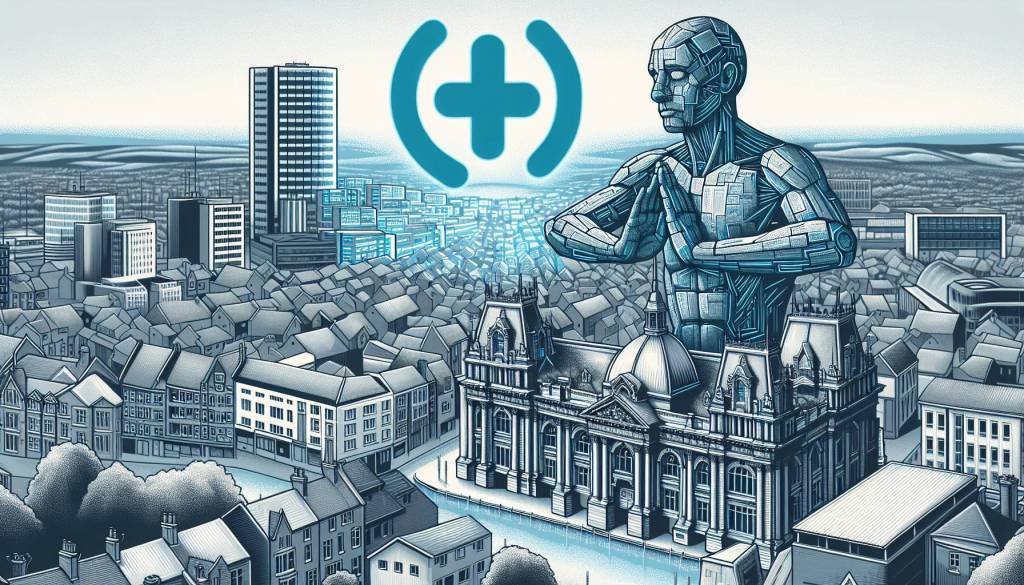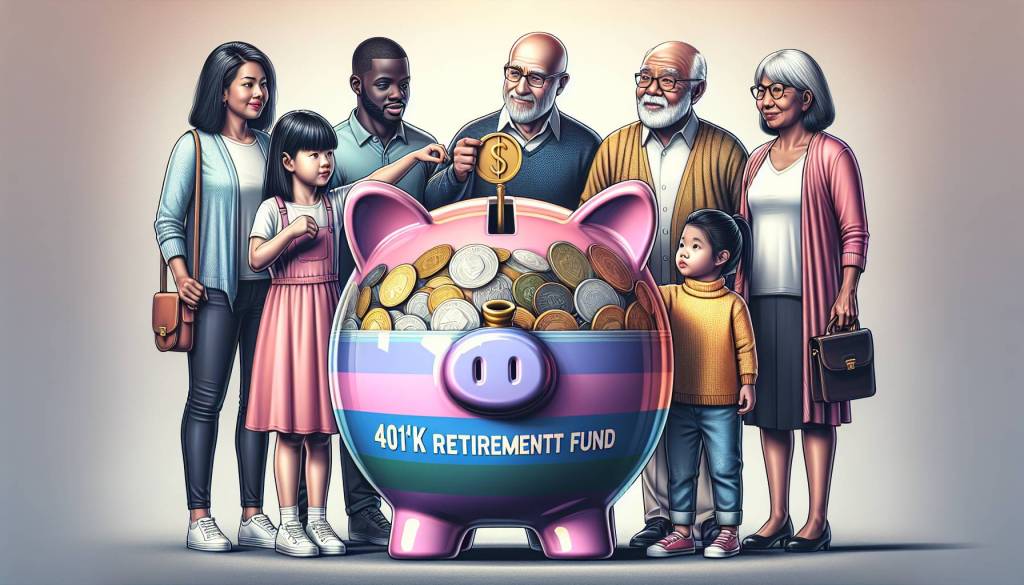Amid growing financial insecurities, middle-income Americans, specifically those from Black and Hispanic communities, could be heading towards a retirement crisis. This demographic, often referred to as the “overlooked middle”, faces potential struggles with costs of necessary healthcare and housing, thereby affecting their self-supported and respected retirement plans.
Research conducted by the NORC at the University of Chicago indicates that older adults within this income bracket may struggle to afford essential living and caregiving expenses in the future. The study further suggests that without intervention, this issue could worsen over the next decade due to the rising costs of housing and healthcare services.
Participants of this study consisted of Americans aged 75 or older, with diverse racial backgrounds and living conditions. Despite substantial incomes, they faced considerable financial strains, primarily due to private health insurance and associated out-of-pocket expenses since their income exceeded the Medicaid eligibility requirements.
According to the study’s anticipatory analysis, adults of color in this group could rise from 12% to 25% by 2035. Accordingly, financial readiness for retirement could become increasingly challenging for this demographic. Various external disruptions, such as systemic racism and wealth disparity, could potentially heighten these challenges.
Looking ahead to 2035, only a small percentage of seniors from Black and Hispanic communities are projected to be in the top quarter of financial resources compared to a substantial presence of white Americans. This highlights a significant inequality and disproportionate distribution of wealth, further emphasizing the ongoing racial wealth gap within the older adult population.
Furthermore, studies project a decrease in homeownership and health insurance coverage among Black older adults by 2035. Availability of resources, such as affordable housing for Black senior citizens, is also expected to decline substantially. This, along with a decrease in health insurance accessibility, could result in an 18% reduction of financial resources for the lower-middle-income population.
A concerning trend is the impending retirement savings crisis among many older adults. Recent data from the 2022 Survey of Consumer Finances by the Federal Reserve reveals a considerable gap between the retirement savings of high income and middle to low income families. This disparity underlines an urgent need for strategic changes in retirement saving plans, advocating for responsible saving habits for future financial security.













